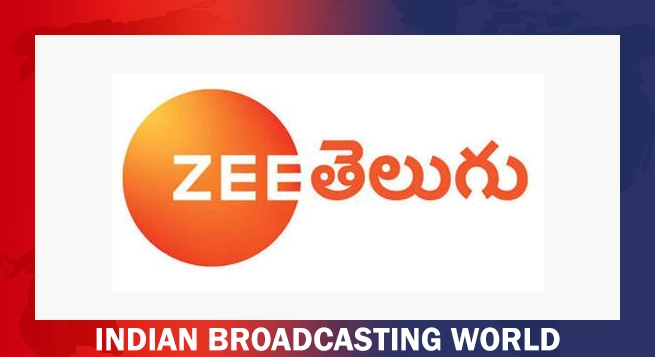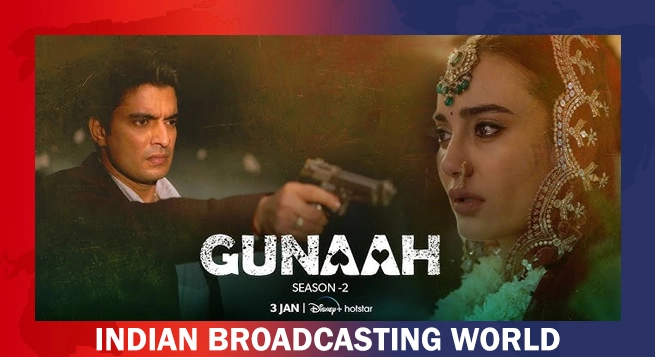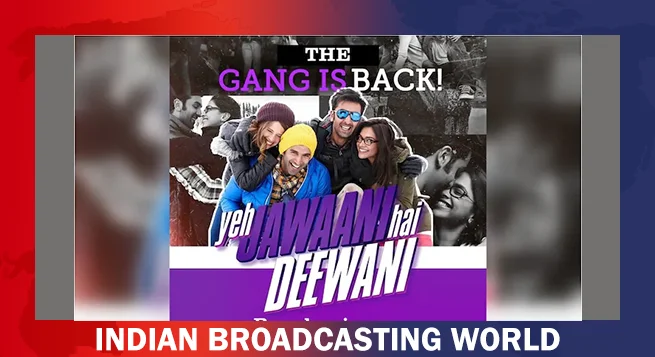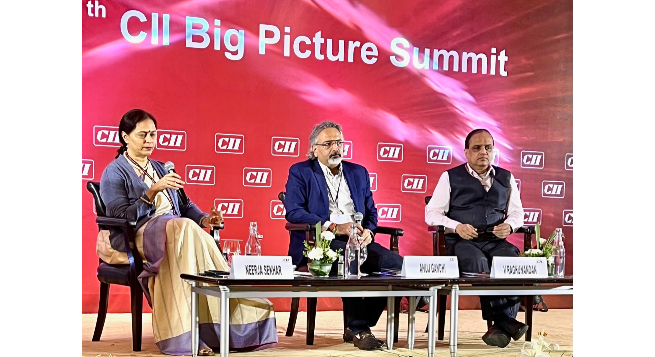India’s broadcast and telecom regulator TRAI is readying a consultation paper on the much-debated issue of proposed auctioning of satellite spectrum, according to a top official of the regulatory body.
“Cannot say what it would be (auction or administrative allocation of satellite spectrum), but we would come out with a consultation paper soon,” the Telecom Regulatory Authority of India Secretary V. Raghunandan said Thursday in reply to a question at a media conference.
Speaking during a panel discussion — along with Ministry of Information and Broadcasting Additional Secretary Neerja Sekhar — at the CII-organised Big Picture Summit in New Delhi, Raghunandan exhorted the stakeholders from the broadcast and satellite companies to give exhaustive and detailed feedback as it would help TRAI during the consultation process.
The TRAI official, however, didn’t elaborate further on the issue.
The draft Indian Telecommunications Bill 2022, which has been put out for public feedback and consultation till November 20, 2022, proposes that the Indian government would have exclusive privilege within India to provide telecommunication services, and use, allocate and assign spectrum, apart from other things in the national interest.
This has been interpreted by the industry as satellite spectrum too coming under the ambit of the government like terrestrial frequencies, which are primarily auctioned by the government to raise revenue instead of being administratively allocated.
The draft Bill at another place states that the federal or the Central Government may assign spectrum for telecommunication through auction, administrative process for governmental functions or purposes in view of public interest or necessity or in any other manner as may be prescribed.
Earlier in the discussion, Raghunandan said the country has gone from 1G to 5G, which is a reality now. “We have to understand that technology disruption will always remain there and that doesn’t mean it will affect the level playing field,” he added.
Asked about the creeping regulatory approach, the TRAI official insisted that regulation over a period of time has been consistent and based on certain broad principles like the minimum intervention part.
“Our ultimate goal is limited intervention. We will comprehensively review and try to find solutions (to issues) so that all the stakeholders are on the same page and the industry can grow,” he clarified.
Briefly dwelling on the issue of tariff regime for the broadcast and cable sectors, Raghunandan hinted that a comprehensive review of the earlier tariff structure has been done and is awaiting some clearances.
Meanwhile, MIB’s Sekhar too dwelt on a host of industry issues, including public broadcaster Doordarshan’s free-to-air DTH service, FreeDish, which, according to some private sector distribution platforms, has been disrupting their business models because of the massive reach it offers to the TV channels who jostle for limited shelf space on the free platform through high-intensity auction process.
According to Sekhar, there were a lot of indicators in the market that convey which way FreeDish was going and the areas it was foraying into. “DD FreeDish has been a very successful initiative of Prasar Bharti (DD’s parent) over the last few years,” she added.
As a distribution platform, Prasar Bharti is very keen to take FreeDish all over the country. “One of the reasons which is going to push this, is the availability of educational channels (on FreeDish),” Sekhar said.
 TRAI revamps website to connect with wider audience
TRAI revamps website to connect with wider audience  Prime Video to limit in India number of TV sets having access per subscription
Prime Video to limit in India number of TV sets having access per subscription  Delhi HC orders meta to remove deepfake videos of Rajat Sharma
Delhi HC orders meta to remove deepfake videos of Rajat Sharma  Zee Telugu wraps up 2024 with ‘Sa Re Ga Ma Pa Party’
Zee Telugu wraps up 2024 with ‘Sa Re Ga Ma Pa Party’  Disney+ Hotstar unveils ‘Gunaah’ S2 teaser
Disney+ Hotstar unveils ‘Gunaah’ S2 teaser  ‘The Secret of The Shiledars’ to premiere on Disney+ Hotstar Jan 31
‘The Secret of The Shiledars’ to premiere on Disney+ Hotstar Jan 31  ‘All We Imagine As Light’ to stream from Disney+ Hotstar on Jan 3
‘All We Imagine As Light’ to stream from Disney+ Hotstar on Jan 3  ‘Yeh Jawaani Hai Deewani’ returns to theatres Jan 3
‘Yeh Jawaani Hai Deewani’ returns to theatres Jan 3 








